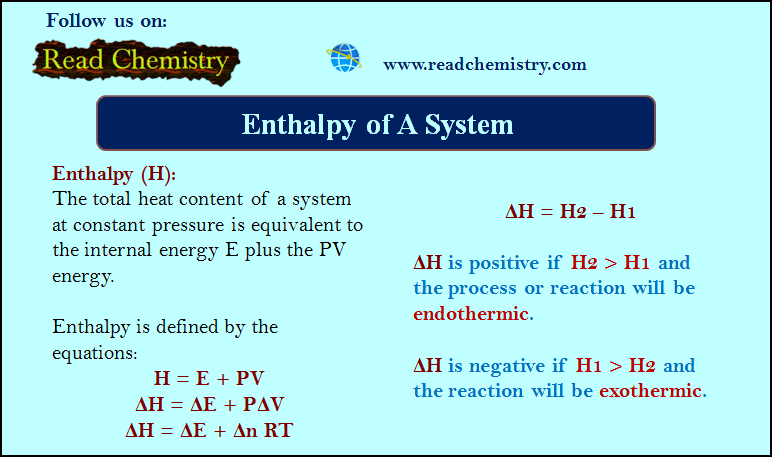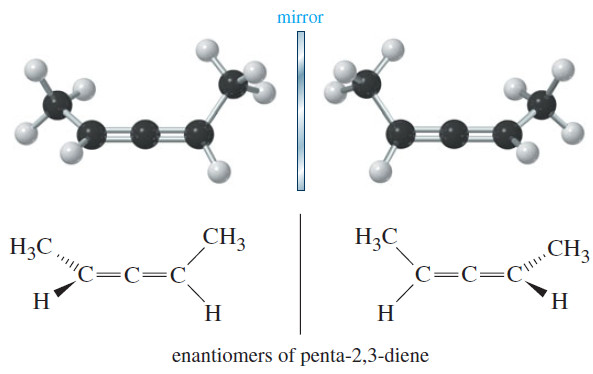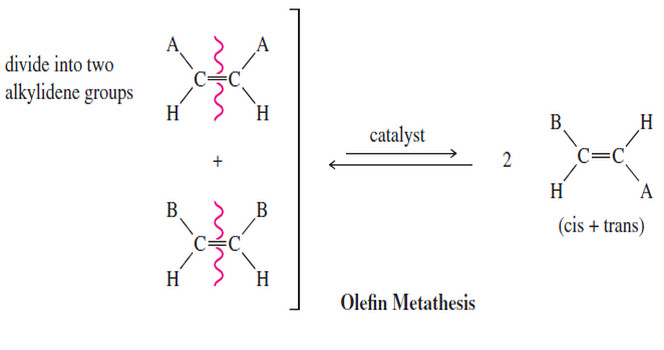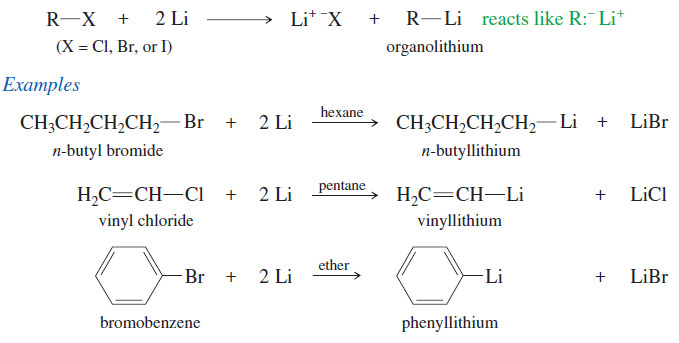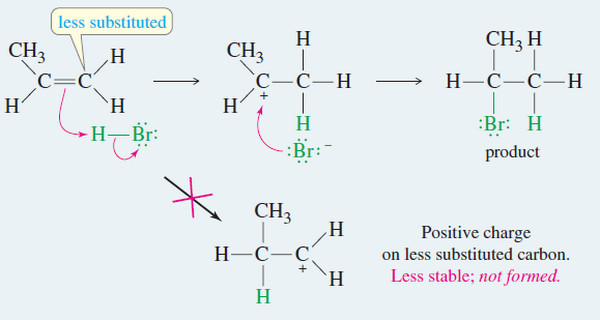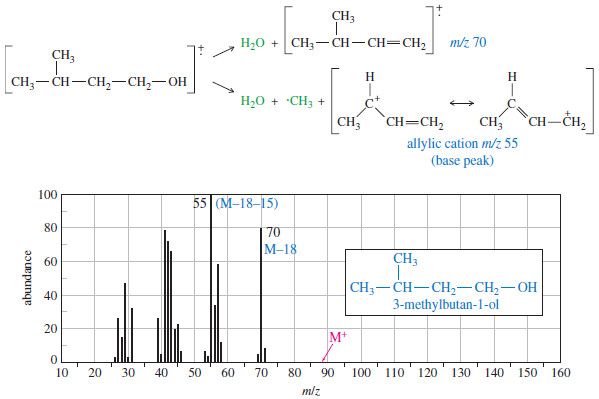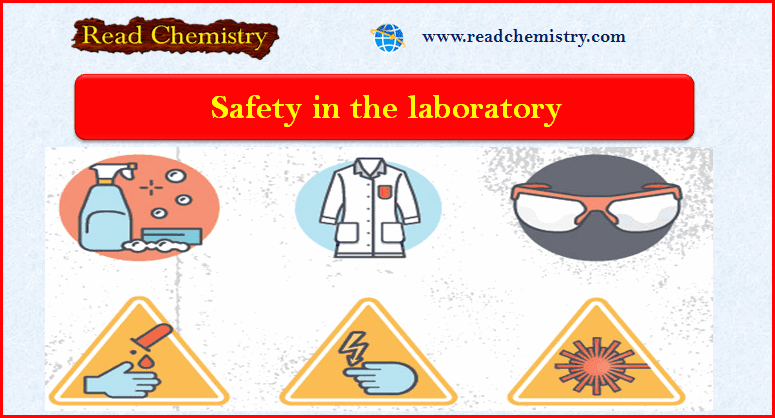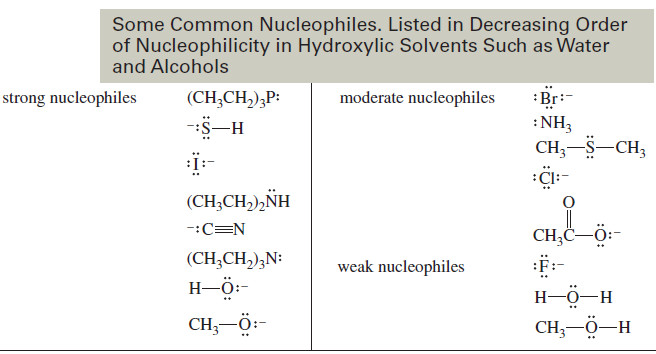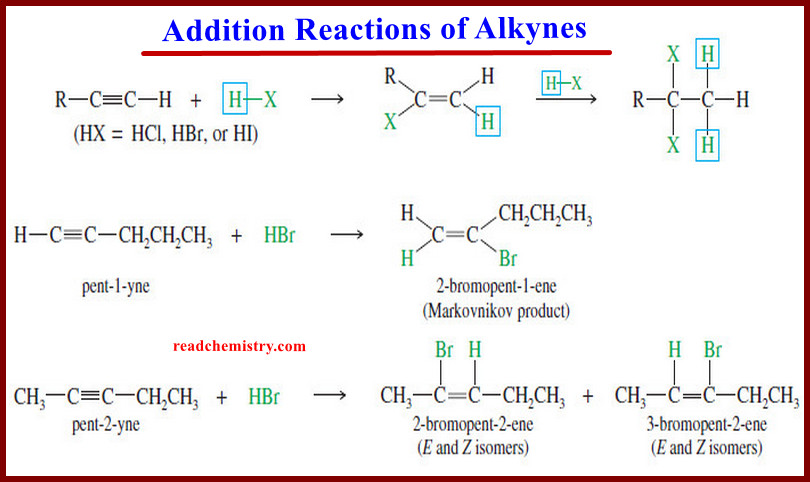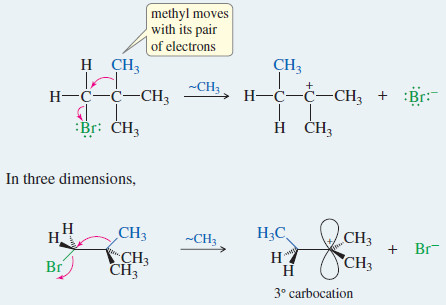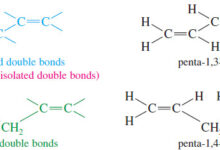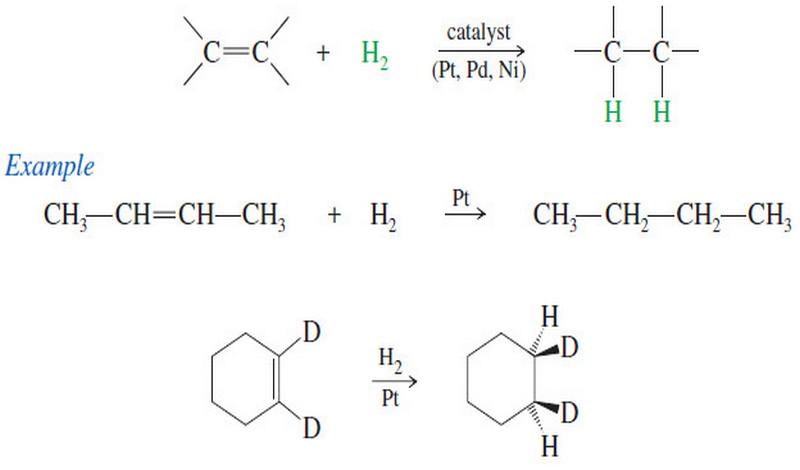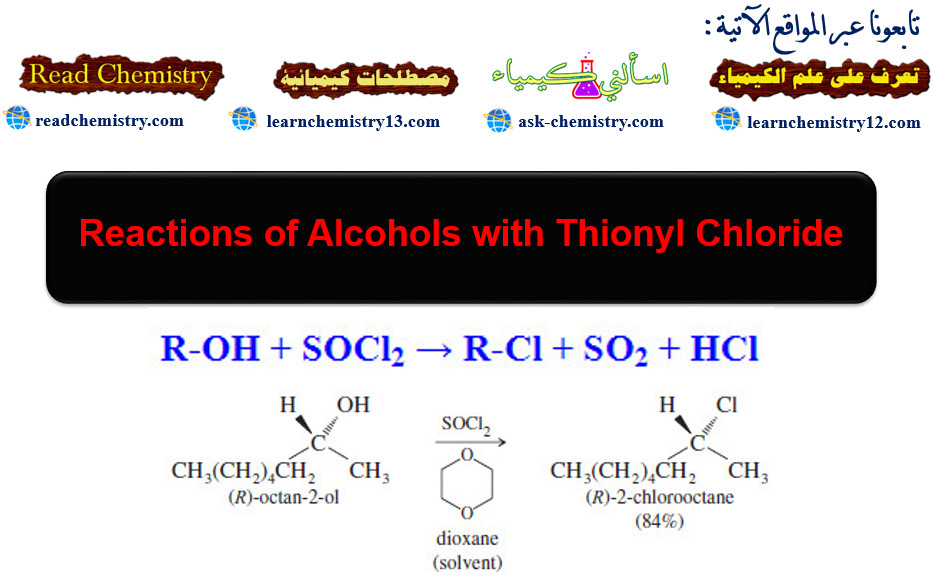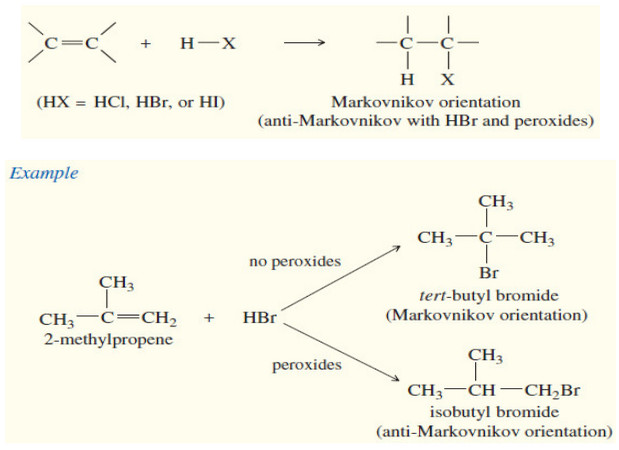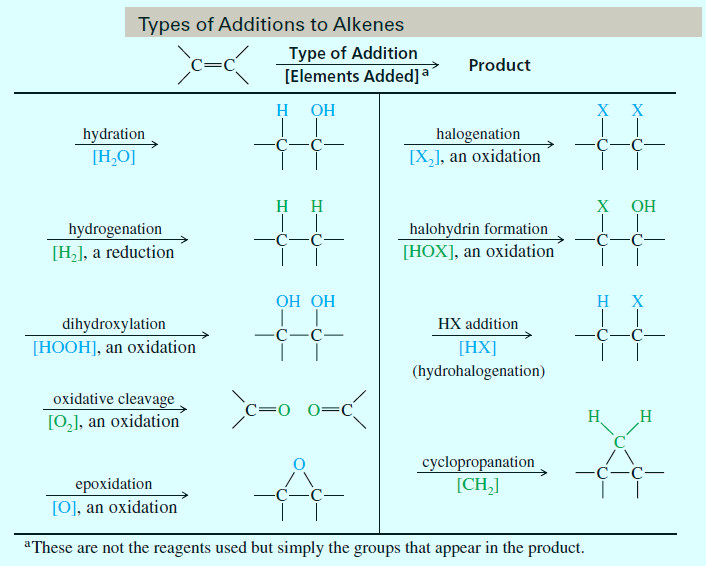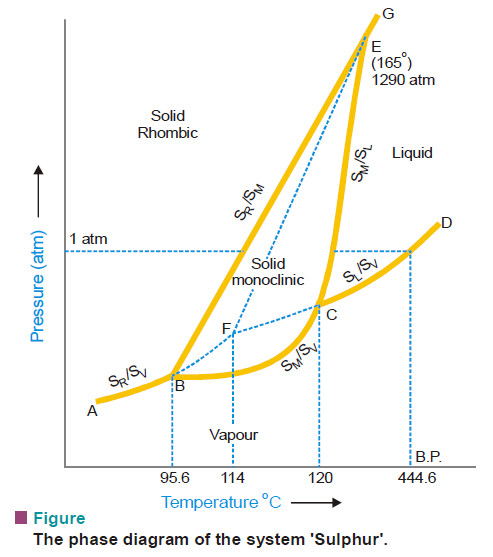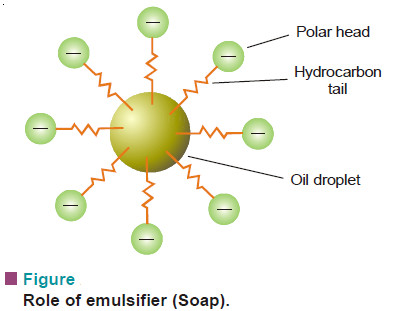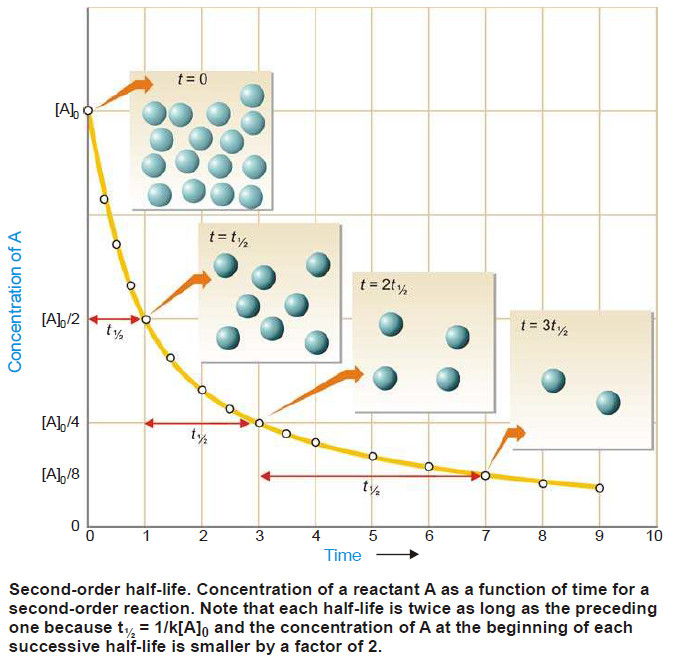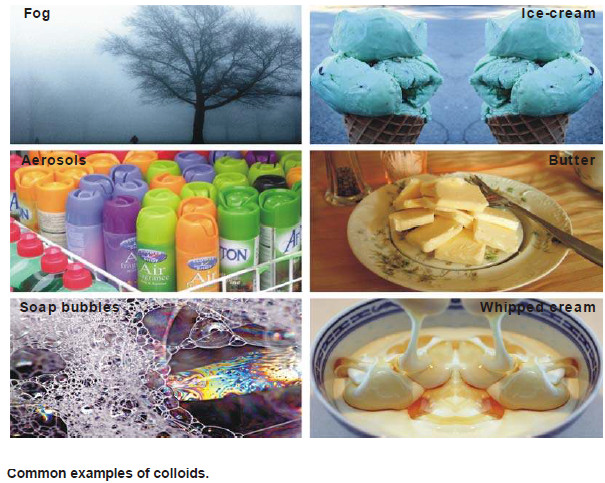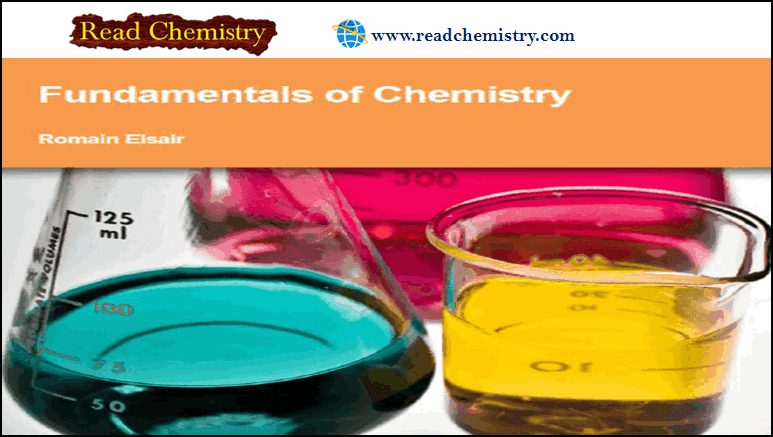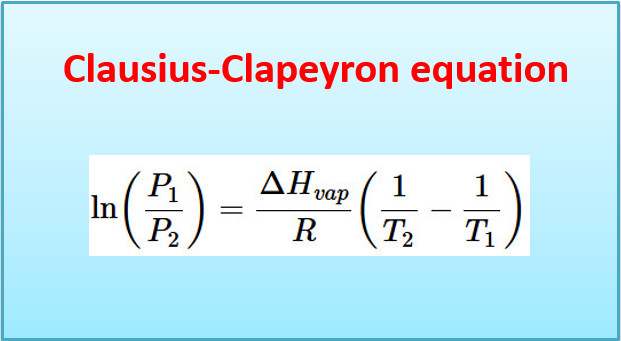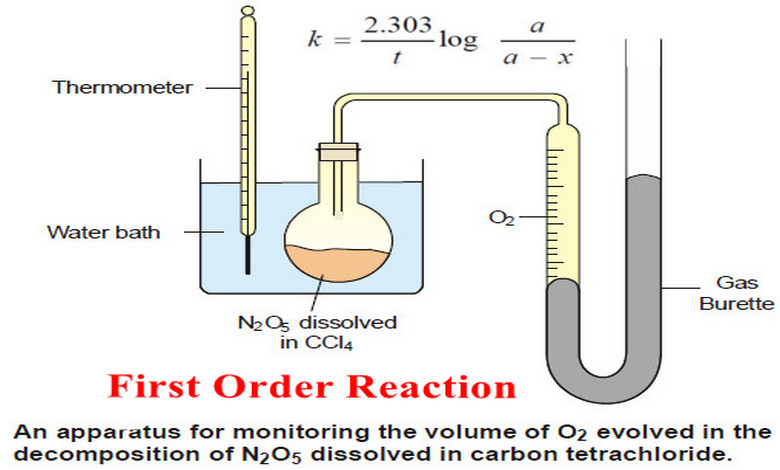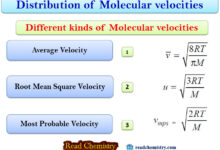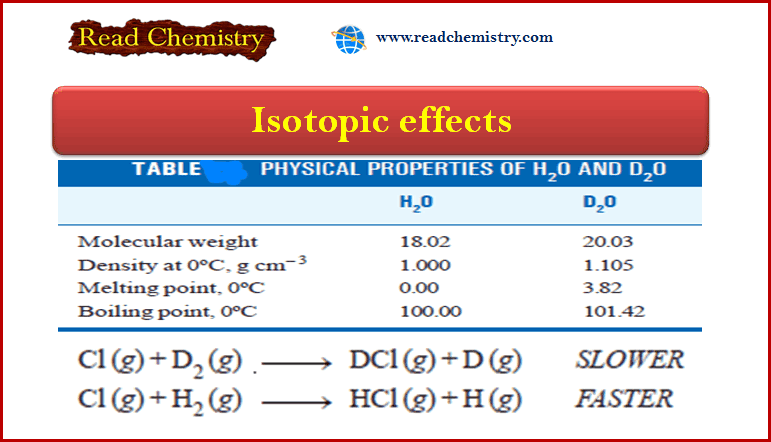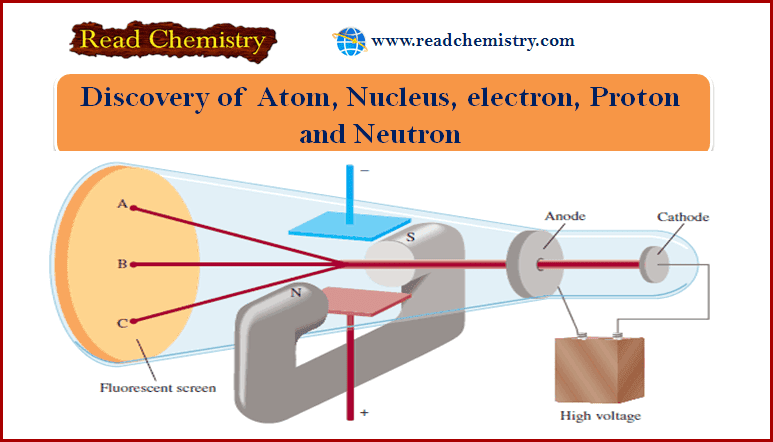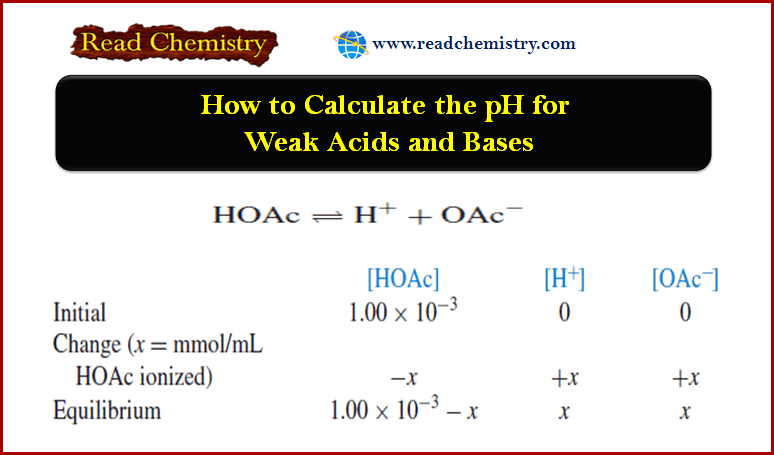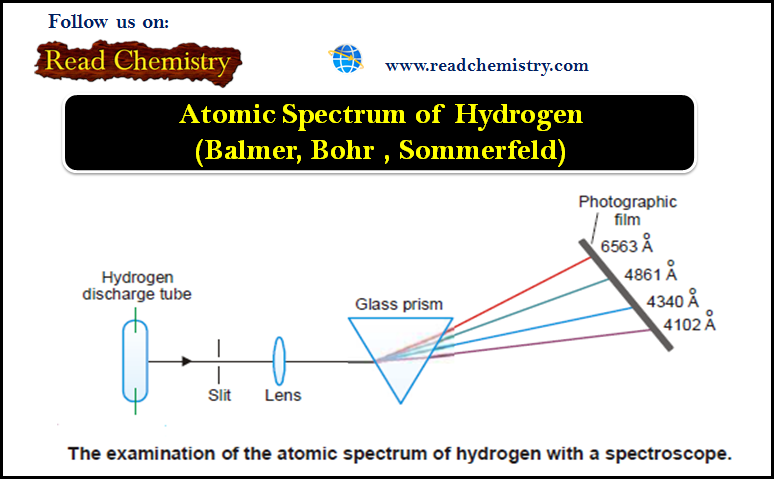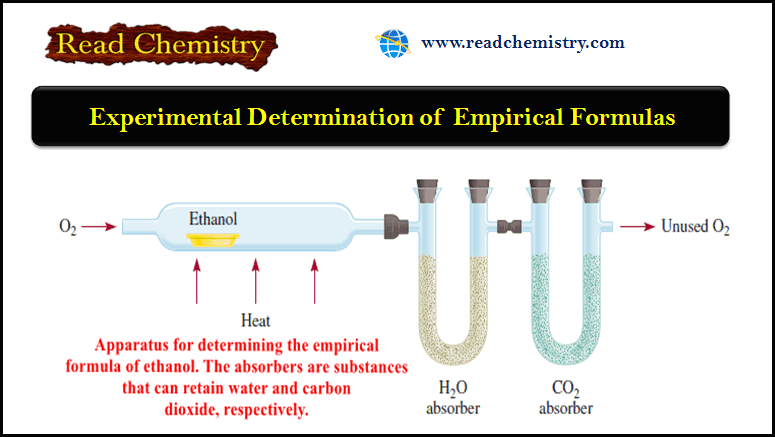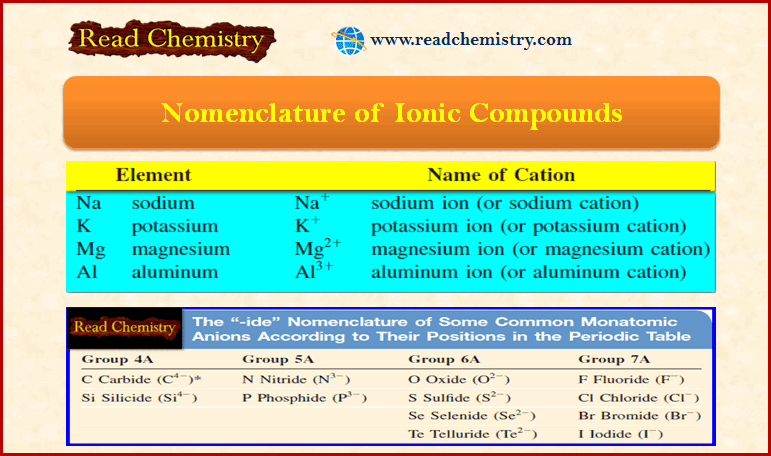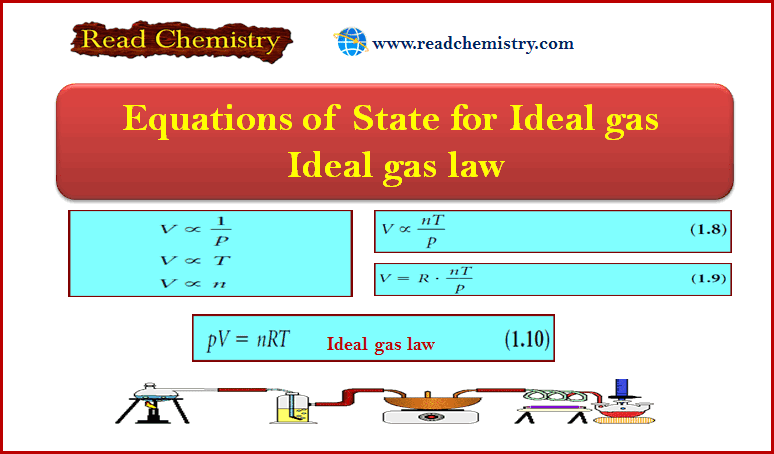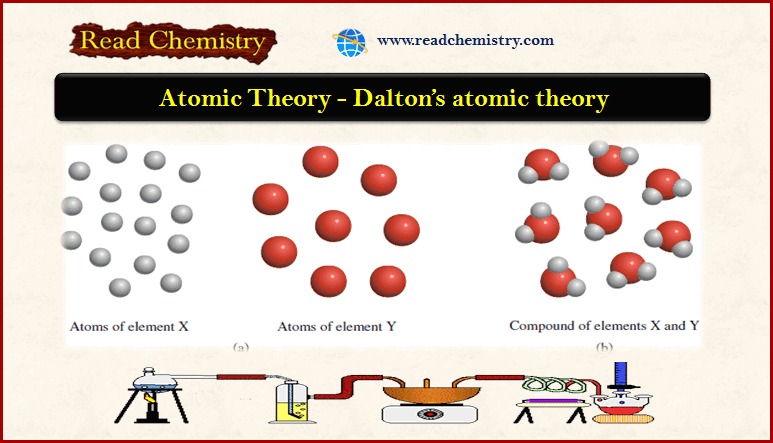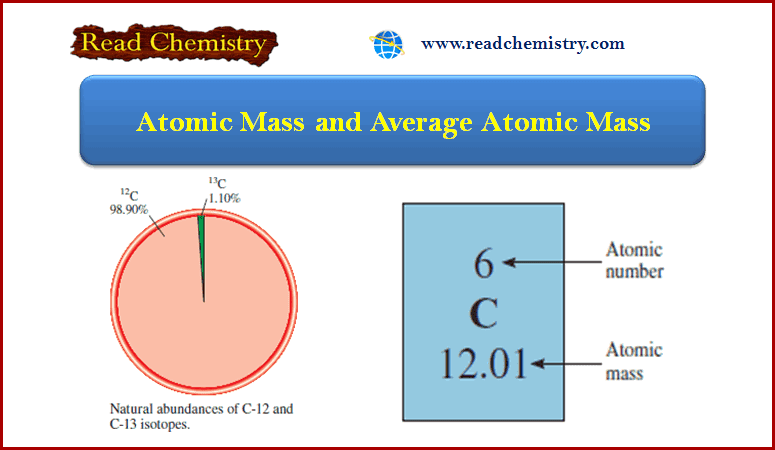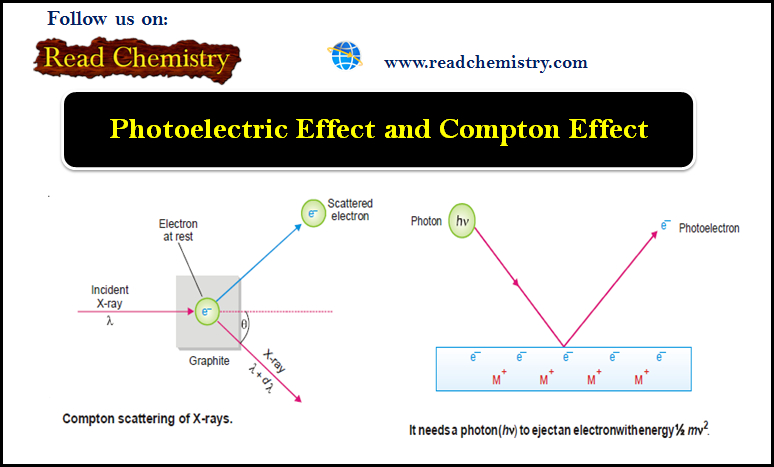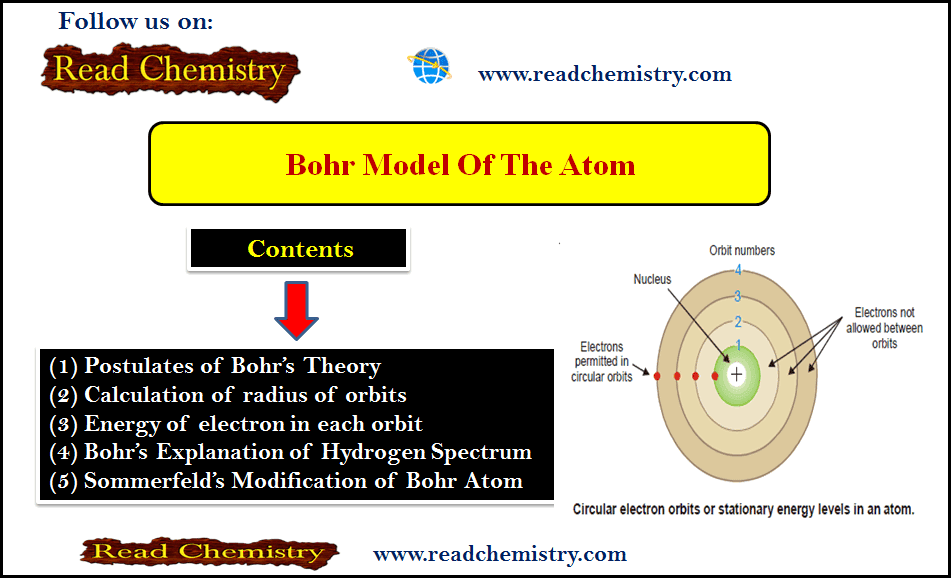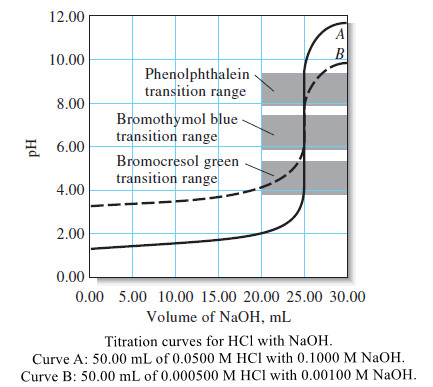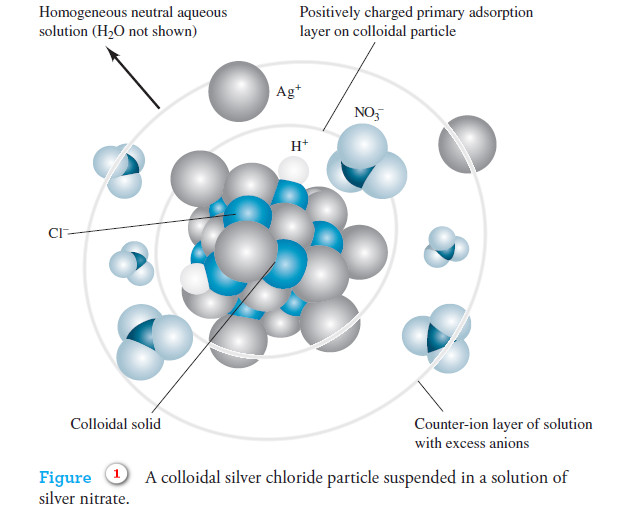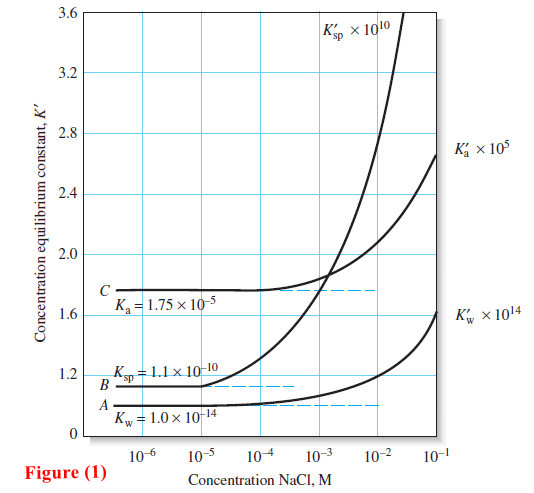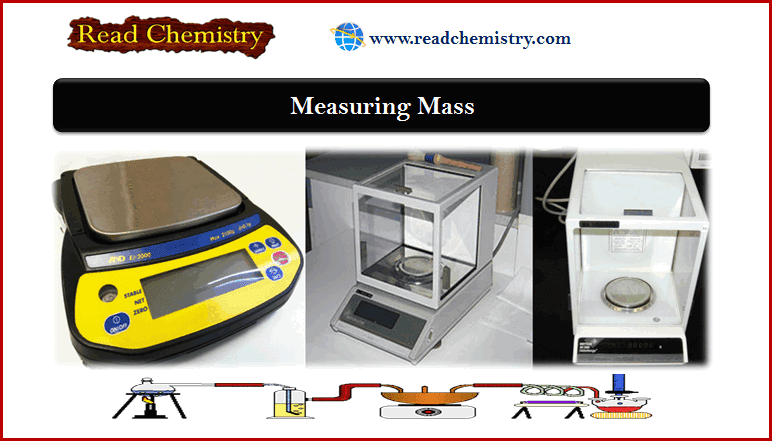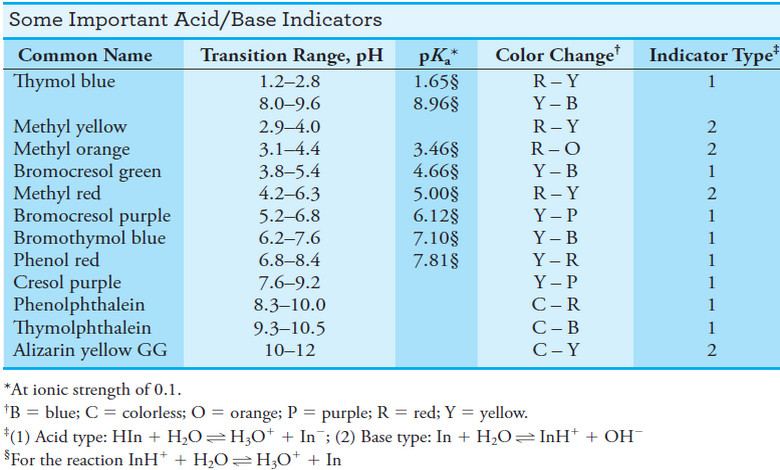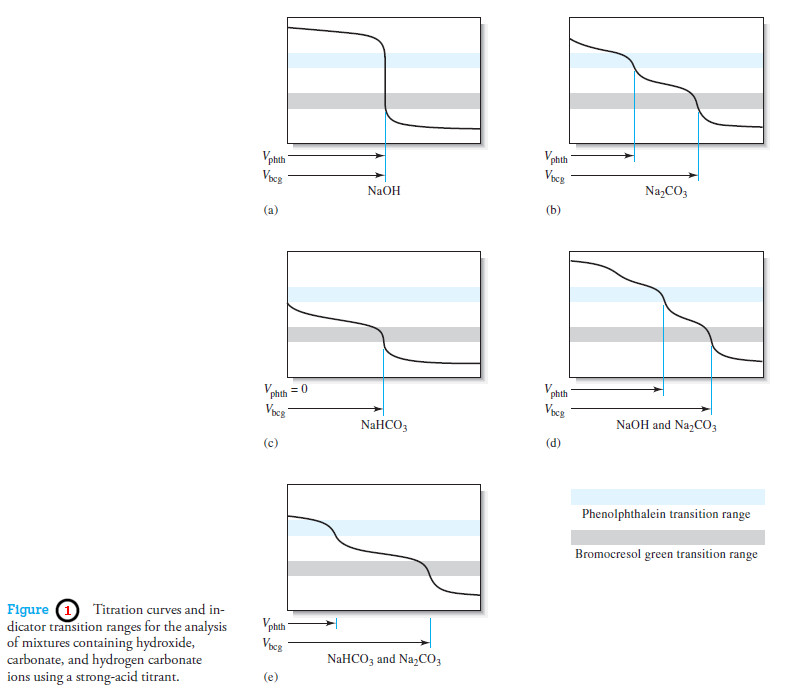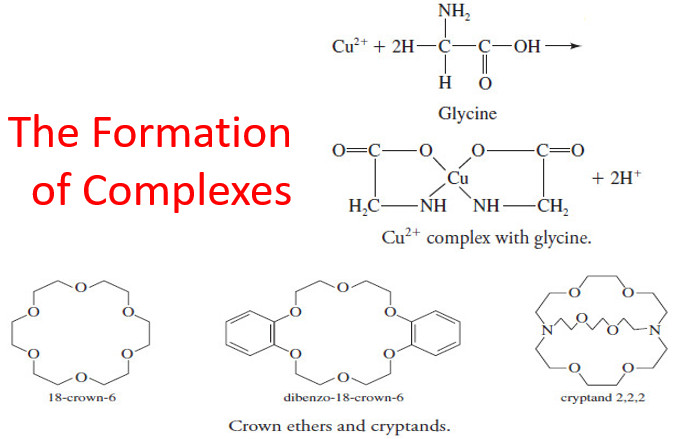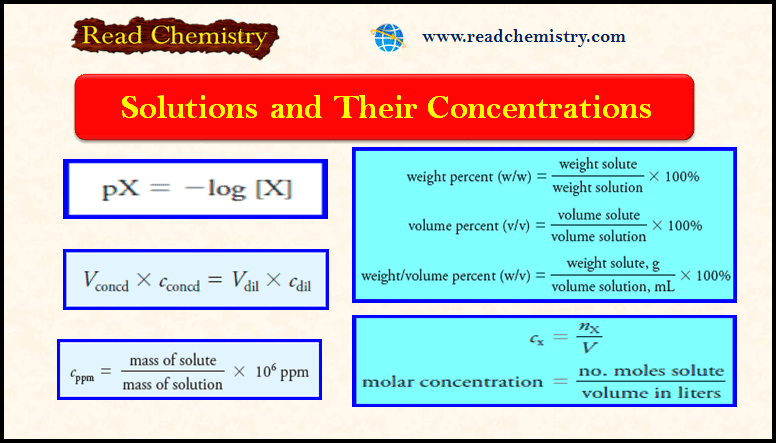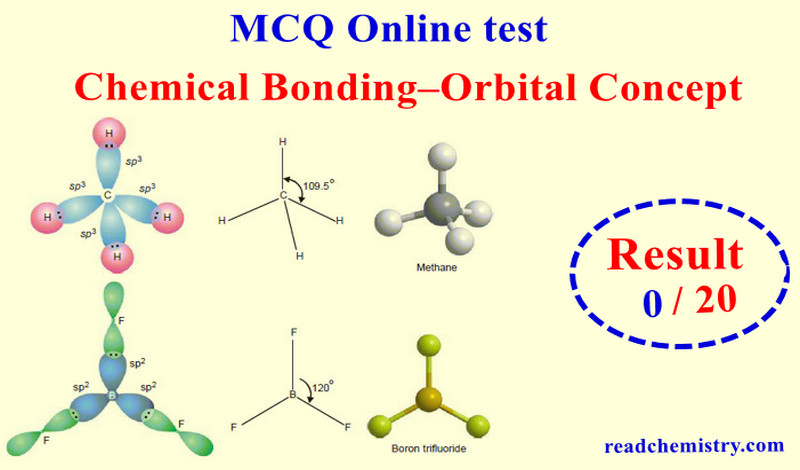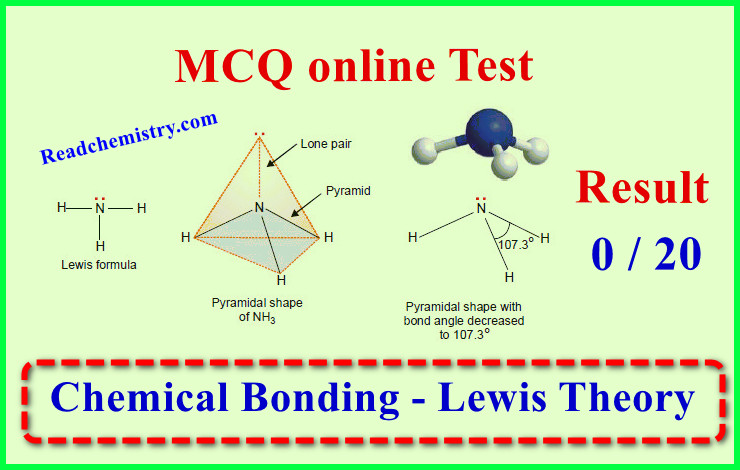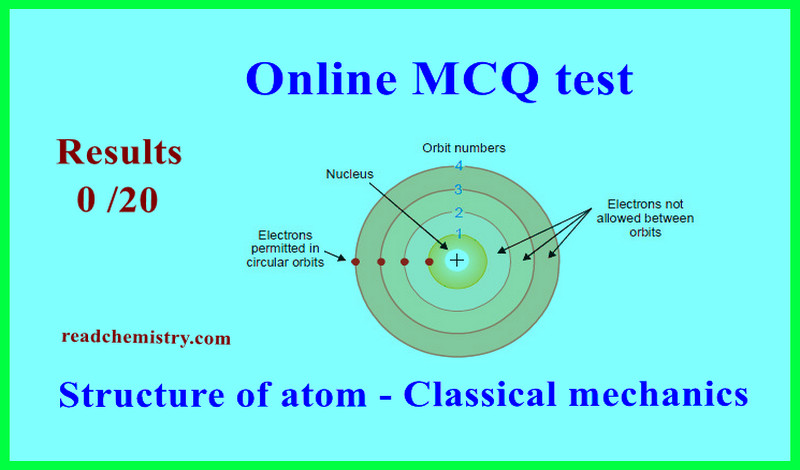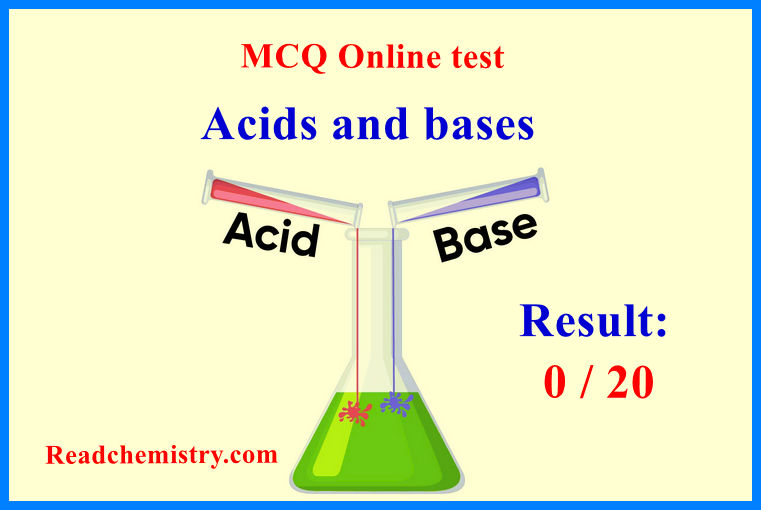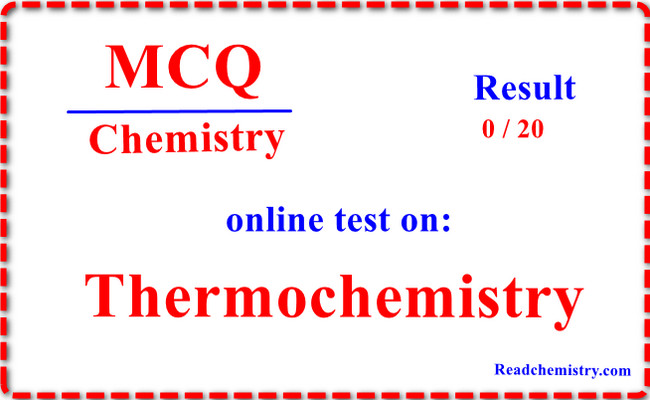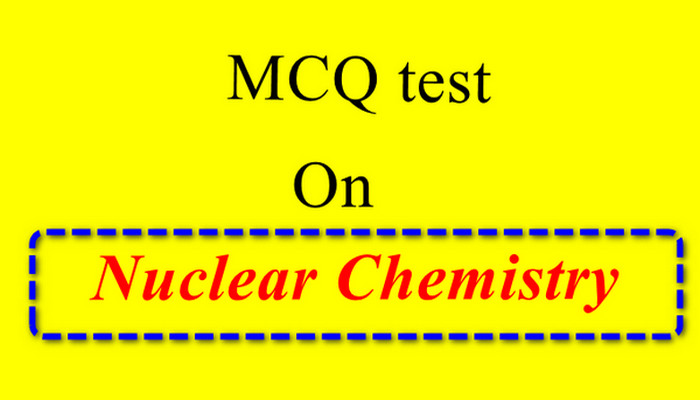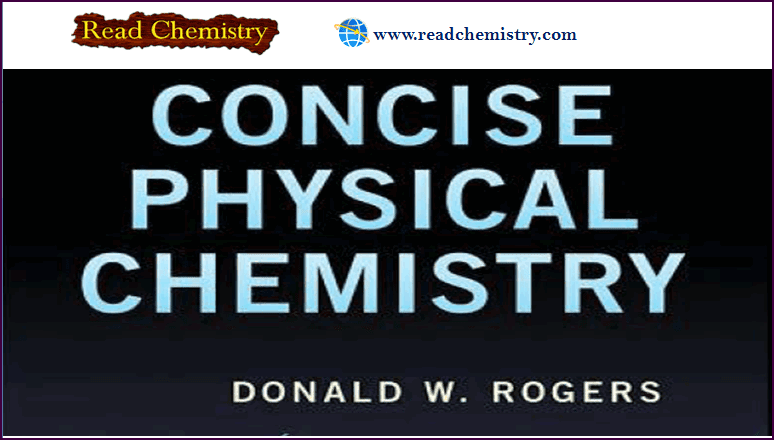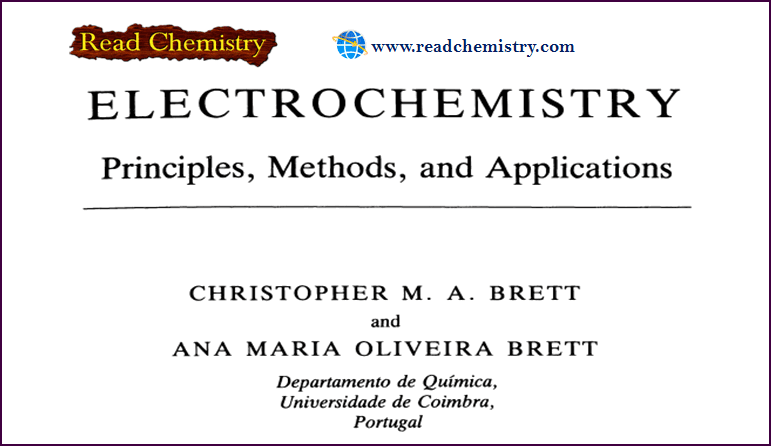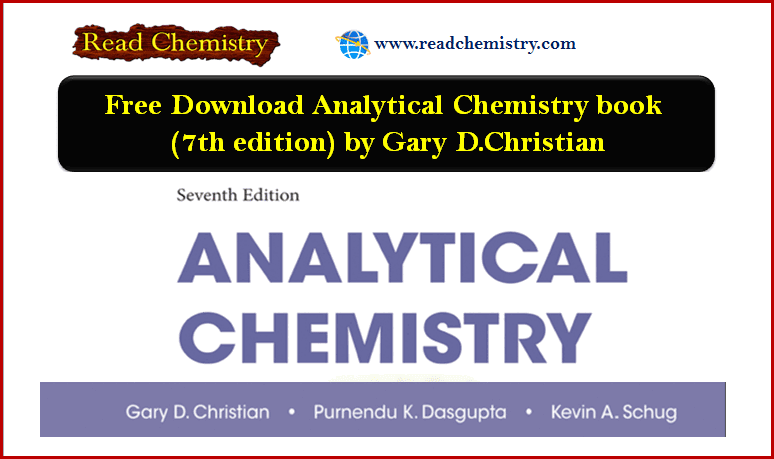Popular Posts
-
Physical Chemistry
Enthalpy of A System
– Enthalpy (H) is the total heat content of a system at constant pressure and is equivalent to the internal…
Read More » -
Organic Chemistry
Chiral Compounds without Asymmetric Atom
Chiral Compounds without Asymmetric Atoms – Most chiral organic compounds have at least one asymmetric carbon atom. – Some compounds…
Read More » -
Physical Chemistry
VSEPR Theory: Postulates, Predicting Shapes of Molecules
– In this subject, we will discuss the VSEPR Theory: definition, Postulates, limitations, and Predicting Shapes of Molecules. VSEPR Theory…
Read More » -
Physical Chemistry
50 MCQ on Chemical bonding
MCQ on Chemical bonding – In this subject, you will find 50 questions and answers MCQ on Chemical bonding …
Read More » -
Organic Chemistry
Olefin Metathesis
Olefin Metathesis – The double bond is the strongest bond in an alkene, yet it is also the most reactive…
Read More » -
Organic Chemistry
Organometallic Reagents for Alcohol Synthesis
Organometallic Reagents for Alcohol Synthesis – Organometallic compounds contain covalent bonds between carbon atoms and metal atoms. – And Organometallic…
Read More »
-
Organic Chemistry
Addition of Hydrogen Halides to Alkenes: Markovnikov’s Rule
Addition of Hydrogen Halides to Alkenes : Markovnikov’s Rule Orientation of Addition: Markovnikov’s Rule –…
Read More » -
-
-
-
-
-
-
-
-
-
-
Physical Chemistry
Polar Covalent Bond: Definition, Properties, Examples
– In this subject, we will discuss the Polar Covalent Bond: Definition, Properties, Examples Polar…
Read More » -
-
-
-
-
-
-
-
-
-
-
General Chemistry
Discovery of the Atom, Nucleus, electron, Proton, and Neutron
– In this subject, we will discuss the Discovery of the Atom, Nucleus, electron, Proton,…
Read More » -
-
-
-
-
-
-
-
-
-
-
Analytical Chemistry
Solubility Product Ksp: Definition, Formula, Problems
– In this subject, we will discuss the Solubility Product (Ksp): Definition, Formula, Problems Solubility…
Read More » -
-
-
-
-
-
-
-
-
-
-
Online MCQ
First law of thermodynamics – MCQ online test
Online MCQ test on First law of thermodynamics – In this topic we offer you,…
Read More » -
-
-
-
-
-
-
-
Free book
Physical Chemistry book , 3rd edition by Robert G. Mortimer
– In this subject, we will discuss free download of Physical Chemistry book, 3rd edition…
Read More » -
-
-
-
-

